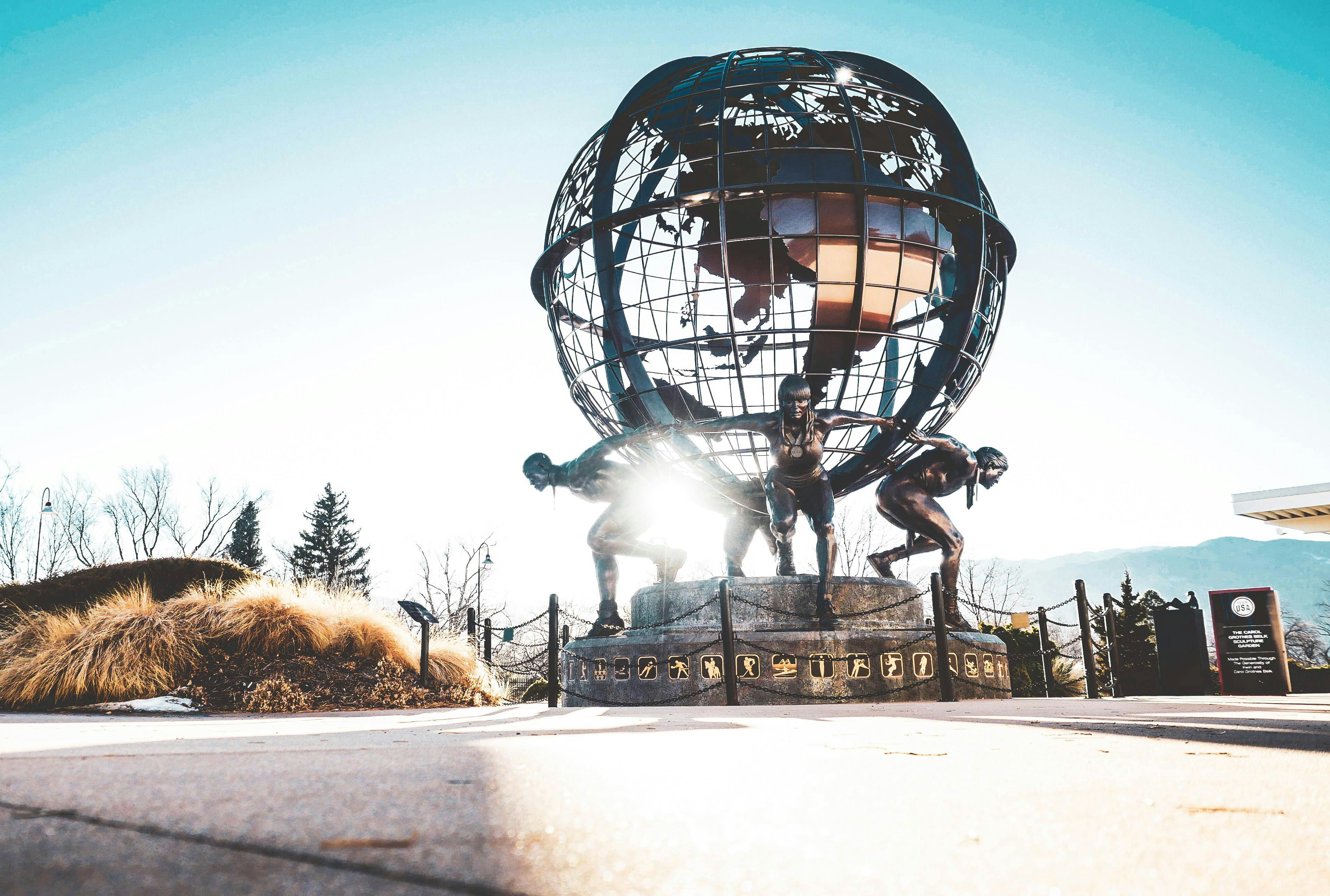Transcending Boundaries: How Sports Foster Global Unity
Sports are more than just games; they are a universal language that transcends borders, cultures, and socio-economic differences. This global phenomenon has the power to unite people like nothing else. Read below to discover how sports foster global unity and promote cultural understanding.

The Olympic Spirit: A Celebration of Unity
The Olympics is an iconic sporting event that brings together athletes from over 200 countries. This international gathering is a testament to the unifying power of sports. Despite differences in language, culture, or political ideologies, athletes compete in the spirit of fairness and mutual respect. The Olympic Games are not just about winning medals; they are a celebration of humanity’s shared passion for sports and the universal values they represent, such as perseverance, teamwork, and respect.
Football: The Global Language
Football, or soccer, as it is known in the US, is arguably the most popular sport in the world, with an estimated 3.5 billion fans. Its simplicity and accessibility make it a global phenomenon. From the backstreets of Brazil to the fields of rural Africa, football is played and loved. The World Cup, the sport’s biggest competition, fosters international camaraderie, as people from diverse backgrounds unite to cheer for their teams.
Cricket: Bridging Cultural Gaps
Cricket, especially popular in countries like India, Australia, and the United Kingdom, is another sport that bridges cultural gaps. The Indian Premier League (IPL), which attracts international players, is a prime example of sport fostering global unity. It brings together players from rival nations, promoting sportsmanship and cultural exchange.
Sports Diplomacy: Repairing International Relations
Sports have been used as a diplomatic tool to mend strained international relations. The infamous “ping-pong diplomacy” between the US and China in the 1970s is a classic example. By extending invitations to each other’s table tennis teams, the two nations initiated a thaw in their frosty relations. Similarly, the “Miracle on Ice” game during the 1980 Winter Olympics saw the US beat the Soviet Union at the height of the Cold War, symbolizing hope for better relations.
The Role of Athletes: Ambassadors of Peace
Athletes often use their platforms to promote peace and unity. Whether it’s through charity work, social activism, or simply through their conduct on and off the field, athletes can inspire millions. The likes of Muhammad Ali, Billie Jean King, and Lionel Messi have used their influence to fight for equality, justice, and social change.
Useful Tips and Facts: - Sports can foster mutual understanding and respect among individuals from diverse backgrounds. - Major sporting events like the Olympics and the World Cup can enhance international relations. - Athletes can use their platform to promote social change and unity.
In conclusion, sports have the potential to unite people across geographic, cultural, and socio-economic divides. They serve as a platform for people worldwide to connect, communicate, and collaborate. The joy, passion, and mutual respect that sports foster make them a powerful tool for global unity. In a world often divided by differences, sports remind us of our shared humanity and the values that bind us together.




